#peasants
Text
A key issue in understanding who feeds the world is the distinction between calories produced and calories delivered. Simply because a farming method produces a lot of calories, does not mean that those calories are going towards feeding people. Calories can be wasted or channeled into animal feed, biofuels, and other non-food uses, complicating how we assess methods for alleviating hunger. Emily Cassidy and her team studied this phenomenon across major agricultural countries. They found that in India, for example, 89% of produced crop calories went to feeding people during the study period. In Brazil, however, that number was 45%. In the United States, which produces the most gross calories out of any country studied, it was only 27%.
Backgrounder: Small Scale Farmers and Peasants Still Feed the World
655 notes
·
View notes
Text


the 12 months and their corresponding peasant work (+ close-up of december)
in an encyclopedic miscellany ("liber calculationis"), salzburg, c. 818 AD
source: Munich, BSB, Clm 210, fol. 91v
#this is OLD old#love december's hand btw#9th century#medieval art#medieval manuscript#months#peasants#medieval labour
474 notes
·
View notes
Text
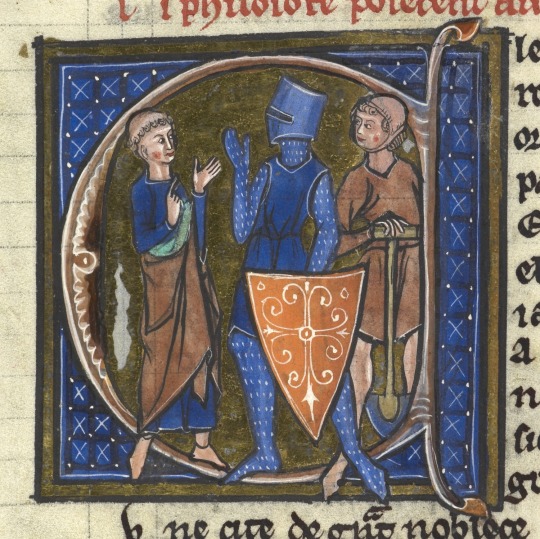

"Cleric, Knight, and Peasant representing the three classes", from Li Livres dou Santé
The tripartite social order of the Middle Ages: the ōrātōrēs (those who pray – clerics), bellātōrēs (those who fight – knights, that is, the nobility), and labōrātōrēs (those who work – peasants and members of the lower middle class).
#medieval#middle ages#manuscript#art#cleric#clergy#knight#nobility#peasant#workman#europe#european#history#knights#illustration#clerics#peasants#french#france
245 notes
·
View notes
Text

Slack Wyrm #1189
http://linktr.ee/joshhamwright
204 notes
·
View notes
Text

NEVER ARGUE WITH IGNORANGE
There’s a saying, “Queens don’t argue with peasants.”
#succulentsiren#writers and poets#the love witch#it girl#affirmations#divine feminine#dark femininity#femininity#siren#dark feminine energy#love witch#witch#queen#peasants#ignorance#succeed#winner#mindset#personal growth#self help#growth#self care#positive thoughts#queen behavior#high value woman#high value#high value mindset#confidence#law of assumption#assume and persist
205 notes
·
View notes
Text
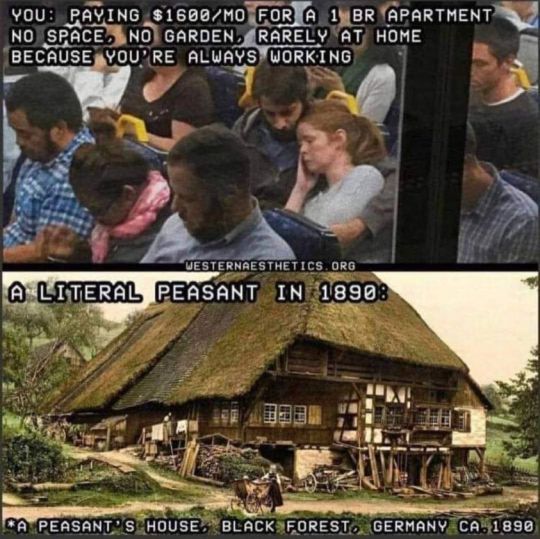
233 notes
·
View notes
Text
round 1.2 poll 4
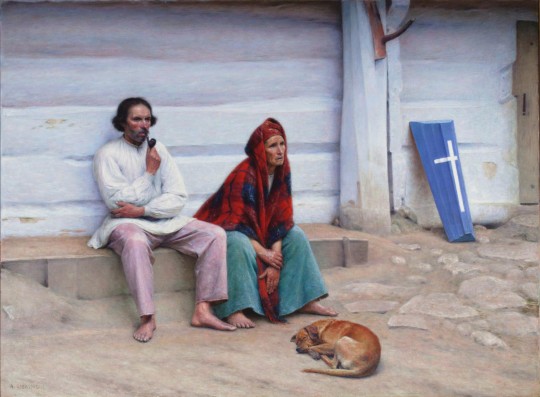

EDIT. I made a stupid mistake in the poll itself, the second painting is of course Kołomyjka by Teodor Axentowicz!
Trumna chłopska (A peasant coffin) by Aleksander Gierymski, 1894:
propaganda: trochę basic bitch wybór ale no ten obraz jest tak ponury w taki subtelny sposób. z jednej strony widzimy że zmarło dziecko a z drugiej ojciec pali fajkę, jest ładny dzień, pies śpi spokojnie. życie i śmierć, tragedia i codzienność razem co nie [a basic bitch choice but this painting is so subtly bleak. on one hand we see that a child died but on the other the father is smoking a pipe, the day is nice, the dog is calmly sleeping. life and death, a tragedy and everyday life paired together]
Kołomyjka by Teodor Axentowicz:
[no propaganda has been submitted]
[read about the artist]
60 notes
·
View notes
Text
You really should have thought of that before you became disabled!
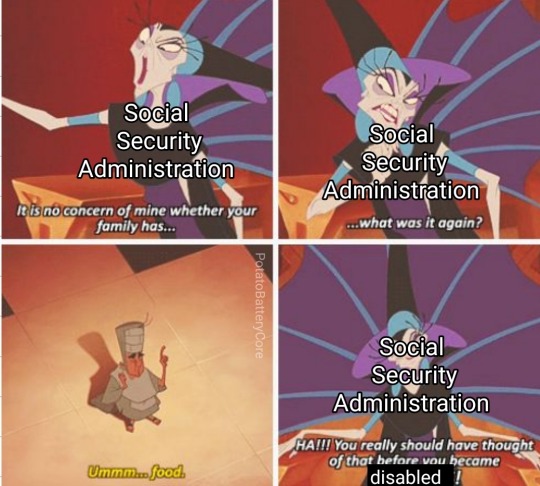
Been trying to get on disability for over 2 years and I just found out they won't even review my appeal for another year. Shitposting through the pain as always
#the emperors new groove#yzma#peasants#disabled#disability#actually disabled#disabilties#physical disability#physically disabled#disability memes#crip punk#angry cripple#crip posting#ssdi#social security#disability benefits#ableism#I'm angry at the government
95 notes
·
View notes
Text
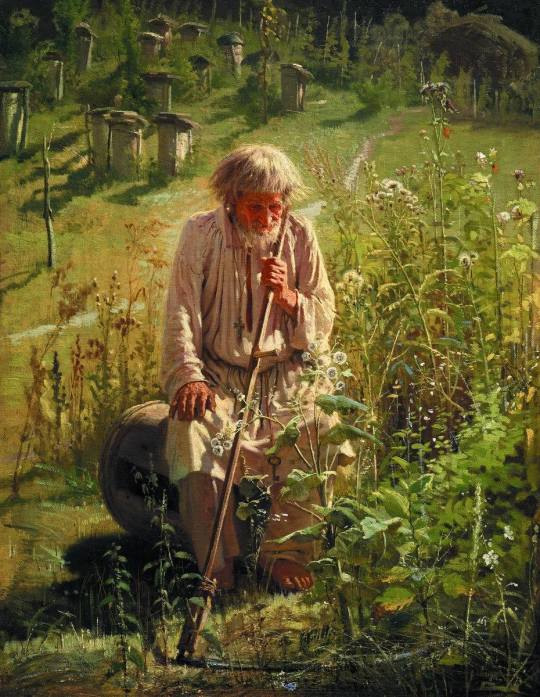
Ivan Kramskoy - The Beekeper, 1872.
27 notes
·
View notes
Note
I once read the reason why merchants were so ill seen in pre-modern times was because there was a lack of understanding on how they buying a product from a place of production and selling at a place of consumption added value to the product and thus entitled the merchant to selling at a profit something he did not produce. My question is (and I undertand it is quite out of your area of expertise): do you think the Bronze Age civilizations would have shared such a view, or would they have interpreted merchants and their trade closer to how we do, given those civilizations dependance on the commerce of copper and tin?
I don't think it's a question of not understanding - I think it's a question of disagreeing that buying low and selling high as opposed to actually contributing physical labor creates a moral right of ownership.

I would highly recommend Jacob Soll's book on this point, because one of the things he points out is that this attitude or belief was incredibly common across pre-modern societies from Western Europe all the way to Japan and China, in part because these societies were overwhelmingly agricultural economies where the farmer was respected because they were vital to survival, such that even the aristocratic elite tended to espouse a kind of pastoral "gentleman farmer" ideal and despise the values of merchants.
In these contexts, Soll notes, the idea that merchants and other middlemen had economic (and thus moral and cultural) value was something that had to be actively asserted and argued for, and he uncovers a literature on the subject that goes as far back as Cicero and all the way through the Middle Ages and beyond. At the same time, it was an incredibly divisive and contested topic that the merchants didn't win a lot of the time - hence the Church getting behind Aquinas' concept of the "just price," hence why Renaissance bankers had to reverse-engineer lending at interest to get around prohibitions on usury, etc.
#history#historical analysis#merchants#feudalism#ancient history#medieval history#early modern history#nobility#peasants#medieval banking#commercial revolution#medieval economy#political economy#medieval economics
48 notes
·
View notes
Text

Memories from the past
Peasants life in Southern Italy's Calabria
Photo by Calabria ieri
Follow us on Instagram, @calabria_mediterranea
#calabria#italy#italia#south italy#southern italy#vintage#vintage photos#vintage photo#peasants#poor#poors#poverty#lunch#kitchen
18 notes
·
View notes
Text
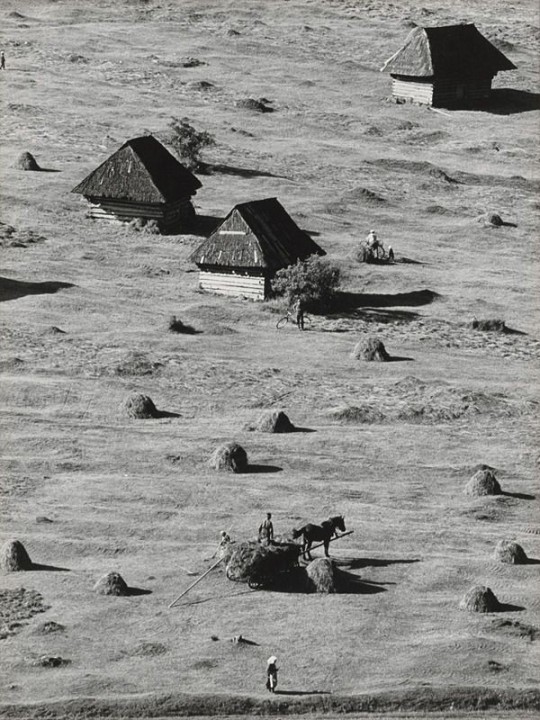
23 notes
·
View notes
Text
Was the Black Death all bad? While it killed millions it also transformed Europe’s feudal society, brought on the Rennaisance, and moved wealth from aristocrats to peasants.
31 notes
·
View notes
Text

The Jacquerie (1358) by Henri Grobet
#jacquerie#art#henri grobet#medieval#middle ages#peasants#peasant#revolt#rebellion#france#french#history#europe#european#uprising#hundred years war#nobleman#noblewoman#nobility#nobles#knight#knights#uprisings#rebellions
58 notes
·
View notes
Text
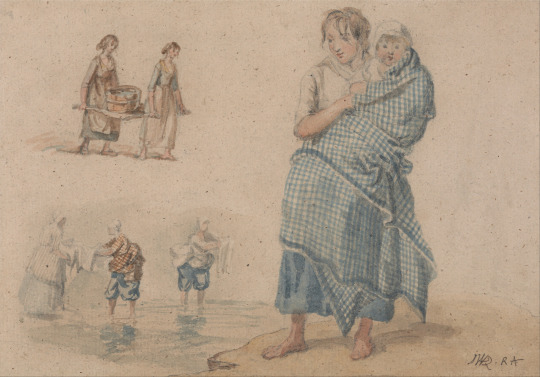
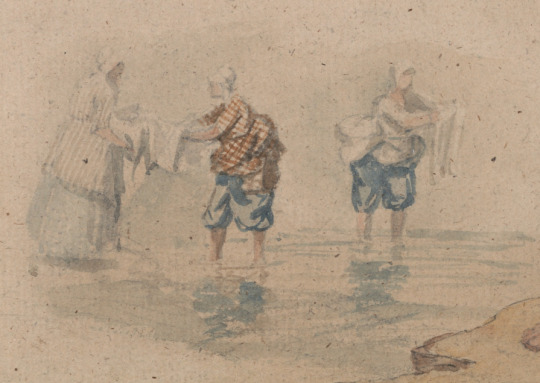
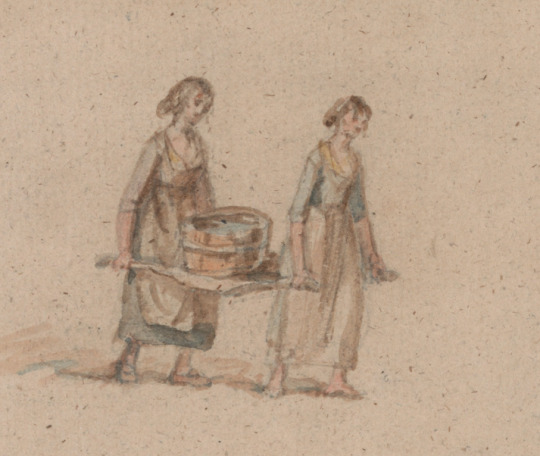
"Scottish Peasant Women" by James Ward(1769–1859)
This might sound strange, but this sort of art is a favorite of mine. Sure it might not be polished, but you get a rare chance at seeing the little details of how people lived in the past.
Look at how the one woman has a baby wrapped in her skirts, or how in the other, the skirts are arranged to keep them out of the water. Its little details like this that are often forgotten in media.
16 notes
·
View notes
Text
Like I am so proud of my slavic origin (to be clear I am polish with ukrainian and belarusian roots, but to explain it I would have to give you polish history lessons) and my peasant ancestors that I can't even find words to describe it.
That's why I am waiting impatiently for this film (based on polish literary source "Chłopi" ("The Peasants" in english) by Władysław Reymont (this novel got Nobel Prize) which I love, adore and admire)


Theatre realese will be on friday 13.10.2023 in Poland!! (unfortunately I don't know when it will be realesed in other countries)
48 notes
·
View notes